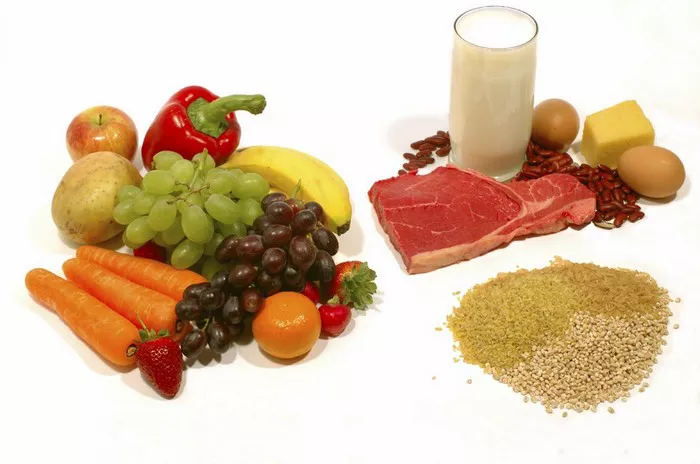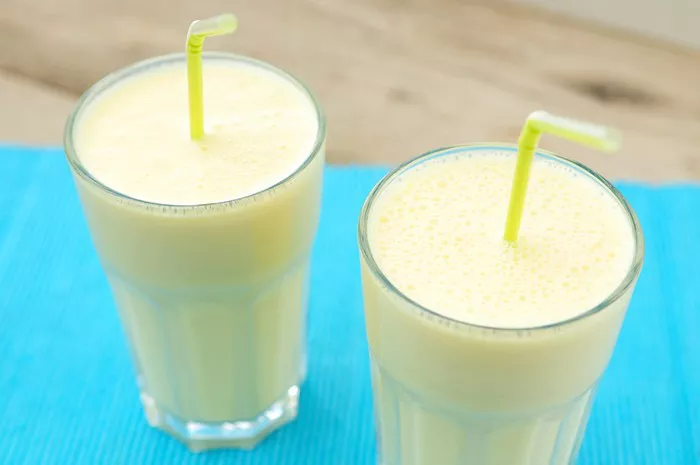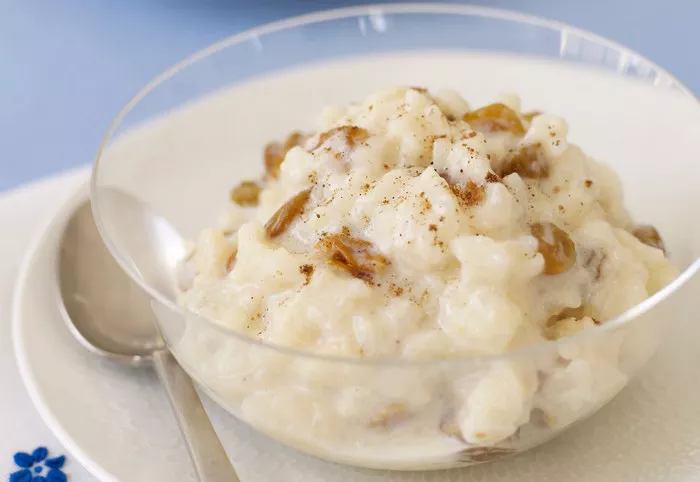Having healthy, glowing skin is often a reflection of your overall health and well-being. While skincare products play a vital role, nutrition is equally important. The foods you eat can significantly impact your skin’s appearance and health. In this article, we will explore various foods and nutrients that contribute to good skin and how to incorporate them into your diet.
Understanding Skin Health
Before we dive into specific foods, it’s important to understand how nutrition affects skin health. The skin is the largest organ of the body. It acts as a barrier, protecting us from external elements. Healthy skin requires essential nutrients to maintain its structure, function, and appearance.
The skin is made up of several layers, each requiring specific nutrients for optimal health. Proper nutrition supports the skin’s barrier function, hydration, and repair processes. It can also reduce inflammation, improve elasticity, and help with the healing of blemishes and scars.
Key Nutrients for Healthy Skin
1. Antioxidants
Antioxidants are compounds that protect the body from damage caused by free radicals. Free radicals are unstable molecules that can harm skin cells and accelerate aging. Common antioxidants include vitamins A, C, and E, as well as selenium and flavonoids.
Foods Rich in Antioxidants:
- Berries: Blueberries, strawberries, and blackberries are packed with antioxidants.
- Dark Chocolate: Contains flavonoids, which can improve skin hydration and thickness.
- Green Tea: Rich in catechins, which protect the skin from sun damage.
2. Healthy Fats
Healthy fats help maintain the skin’s lipid barrier, which keeps it hydrated and prevents dryness. Omega-3 and omega-6 fatty acids are particularly beneficial for skin health.
Foods High in Healthy Fats:
- Fatty Fish: Salmon, mackerel, and sardines are excellent sources of omega-3 fatty acids.
- Nuts and Seeds: Walnuts, chia seeds, and flaxseeds provide essential fatty acids and vitamin E.
- Avocado: Packed with healthy monounsaturated fats and vitamins.
3. Vitamins and Minerals
Certain vitamins and minerals play crucial roles in maintaining healthy skin.
Key Vitamins:
- Vitamin A: Promotes skin cell production and repair. Sources include sweet potatoes, carrots, and spinach.
- Vitamin C: Essential for collagen production and protects against UV damage. Found in citrus fruits, bell peppers, and broccoli.
- Vitamin E: Helps protect skin from oxidative stress. Present in nuts, seeds, and green leafy vegetables.
Important Minerals:
- Zinc: Supports skin healing and reduces inflammation. Sources include legumes, nuts, and whole grains.
- Selenium: Protects the skin from sun damage. Found in Brazil nuts, seafood, and grains.
4. Hydration
Staying hydrated is crucial for skin health. Water helps maintain skin moisture and elasticity. Dehydration can lead to dryness, flakiness, and premature aging.
Tips for Staying Hydrated:
- Drink Water: Aim for at least 8 cups of water a day, more if you are active.
- Eat Hydrating Foods: Foods with high water content, like cucumbers, watermelon, and oranges, can help with hydration.
- Limit Dehydrating Beverages: Reduce intake of alcohol and caffeinated drinks, which can lead to dehydration.
Foods to Include in Your Diet for Good Skin
Now that we understand the nutrients vital for skin health, let’s explore specific foods that can benefit your skin.
1. Fruits and Vegetables
Leafy Greens: Spinach, kale, and Swiss chard are rich in vitamins A, C, and K. They help reduce inflammation and promote skin repair.
Carrots: High in beta-carotene, which the body converts to vitamin A, promoting healthy skin.
Tomatoes: Rich in lycopene, which protects against UV damage and improves skin texture.
Citrus Fruits: Oranges, lemons, and grapefruits provide vitamin C, essential for collagen production.
2. Whole Grains
Whole grains are rich in fiber, which helps regulate blood sugar levels and reduce inflammation.
Oats: High in beta-glucan, which helps with skin hydration and improves the skin barrier.
Quinoa: A complete protein that provides essential amino acids and minerals.
Brown Rice: Contains antioxidants that can help combat oxidative stress.
3. Lean Proteins
Proteins are essential for collagen and elastin production, which are crucial for skin elasticity and firmness.
Chicken and Turkey: Lean sources of protein that help in tissue repair.
Eggs: Provide protein and biotin, which are vital for maintaining healthy skin.
Legumes: Beans, lentils, and peas are excellent plant-based protein sources that are also rich in fiber and antioxidants.
4. Dairy Products
Dairy can provide nutrients that benefit the skin, but it’s important to choose low-fat or fermented options.
Yogurt: Contains probiotics that can improve gut health and, in turn, skin health.
Kefir: A fermented dairy product rich in probiotics, which can enhance skin health.
5. Healthy Snacks
Snacking can also be a great way to get in skin-friendly nutrients.
Nut Butters: Almond and peanut butter are rich in healthy fats and vitamin E.
Hummus: Made from chickpeas, it provides protein and fiber, making it a great snack option.
Dark Chocolate: A small piece of dark chocolate can satisfy sweet cravings while providing antioxidants.
Foods to Avoid for Better Skin
While certain foods can enhance skin health, others may have the opposite effect. Here are some foods to limit or avoid:
1. Sugary Foods
High sugar intake can lead to increased insulin levels, which may cause acne and other skin issues. Limit sugary snacks, sodas, and desserts.
2. Processed Foods
Processed foods often contain unhealthy fats and additives that can trigger inflammation and skin problems. Avoid fast food, packaged snacks, and sugary cereals.
3. Dairy Products
Some people may find that dairy products trigger acne. If you notice breakouts after consuming dairy, consider reducing your intake or switching to plant-based alternatives.
4. Alcohol
Excessive alcohol consumption can dehydrate the skin and lead to inflammation. Moderation is key.
5. Fried Foods
Fried foods are often high in unhealthy fats and can contribute to skin issues. Opt for baked or grilled options instead.
Tips for Maintaining Healthy Skin Through Diet
1. Balance Your Diet
Aim for a balanced diet that includes a variety of foods from all food groups. This ensures you get a wide range of nutrients.
2. Practice Mindful Eating
Pay attention to what you eat and how it makes you feel. Keeping a food diary can help identify foods that may cause skin issues.
3. Stay Consistent
Consistency is key for seeing improvements in your skin. Make healthy eating a part of your daily routine.
4. Combine Foods for Better Absorption
Some nutrients work better together. For example, pairing vitamin C-rich foods (like strawberries) with iron-rich foods (like spinach) can enhance iron absorption.
5. Consult a Professional
If you’re unsure about your dietary choices or have specific skin concerns, consider consulting a registered dietitian or nutritionist.
Conclusion
What you eat plays a significant role in the health and appearance of your skin. By incorporating antioxidant-rich foods, healthy fats, vitamins, and minerals into your diet, you can support your skin’s needs. Remember to stay hydrated, balance your meals, and limit processed foods for optimal results. With these dietary choices, you can achieve healthier, glowing skin that reflects your overall well-being.
Take care of your skin from the inside out, and enjoy the benefits of a nourishing diet!
Related topics:























